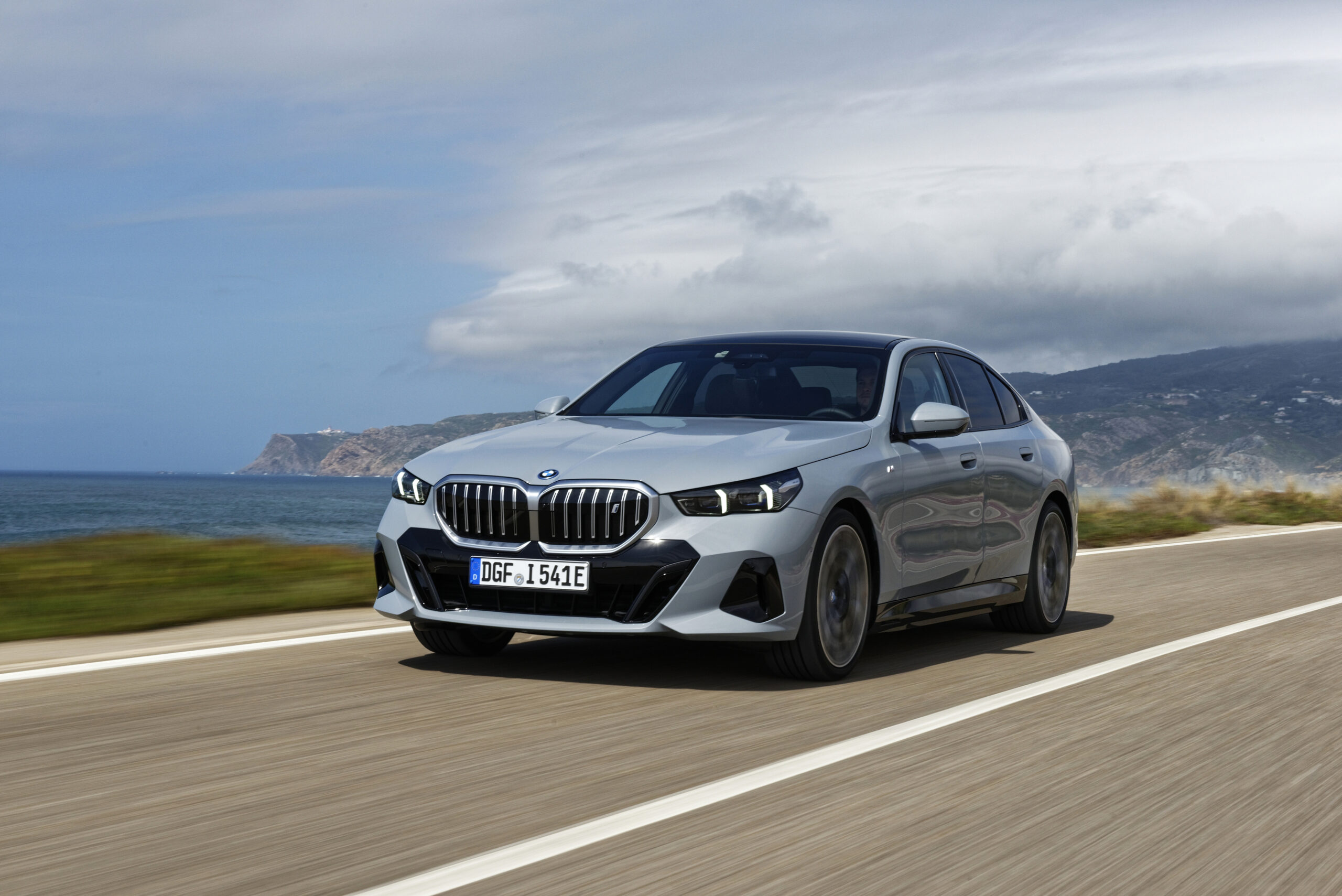
Sales of electric BMWs rise where competitors drop

Sales of electric BMW models remain strong, but don’t match the record from the previous quarter. /BMW
In a tough market, sales of all-electric BMWs have grown significantly. During the first three months of the year, the Bavarian automaker wi


Comments
Ready to join the conversation?
You must be an active subscriber to leave a comment.
Subscribe Today